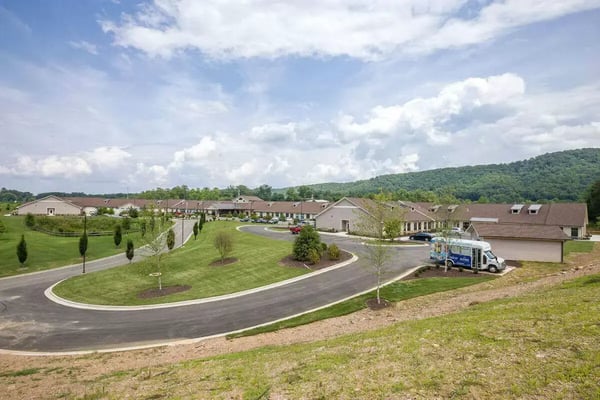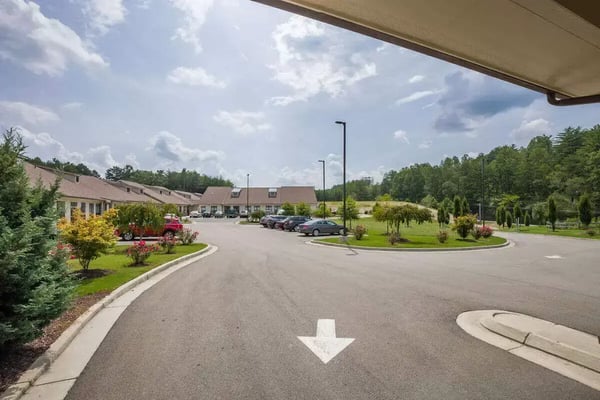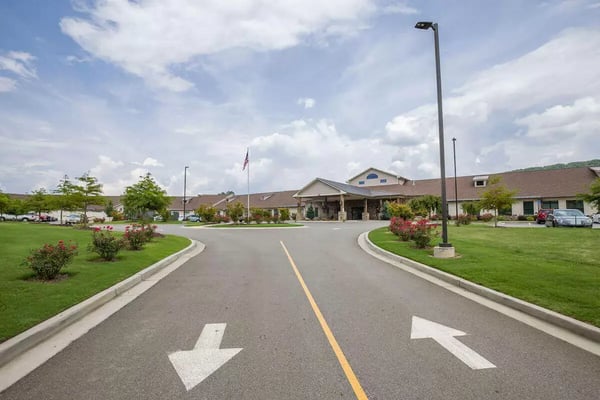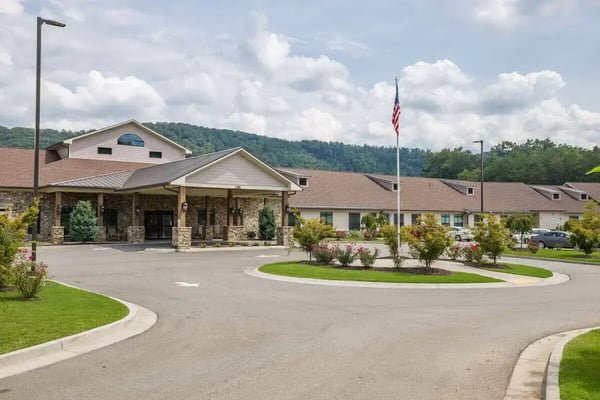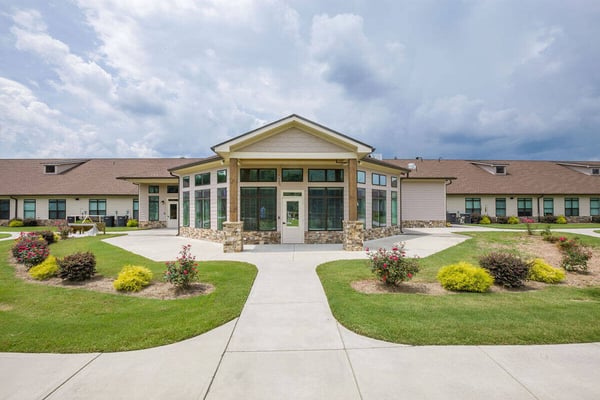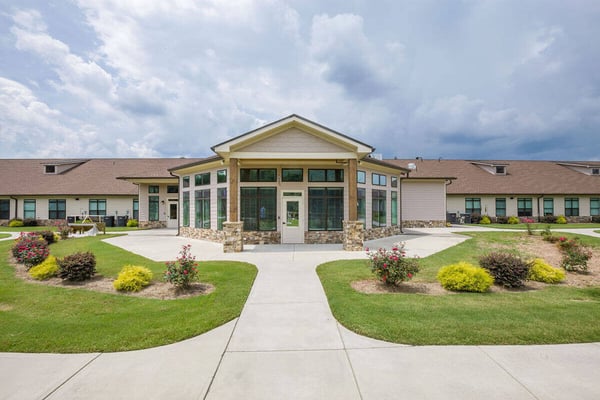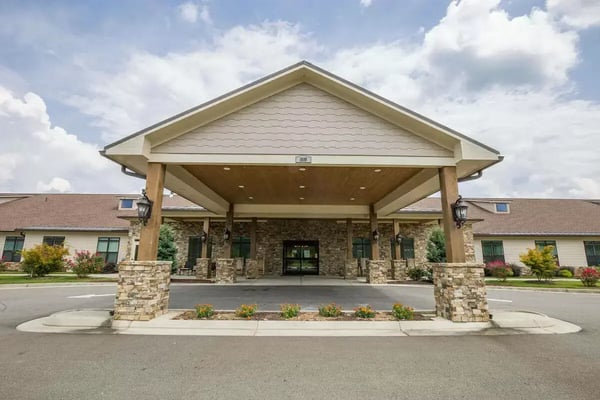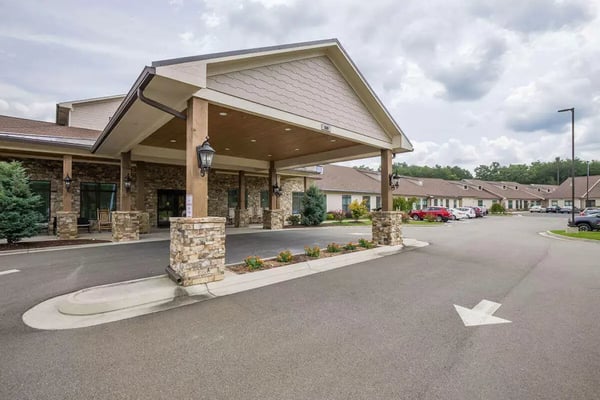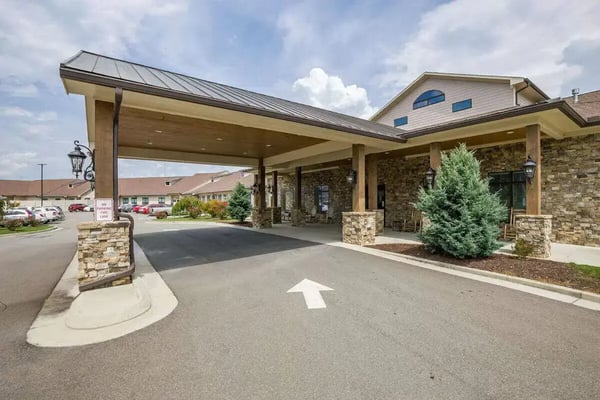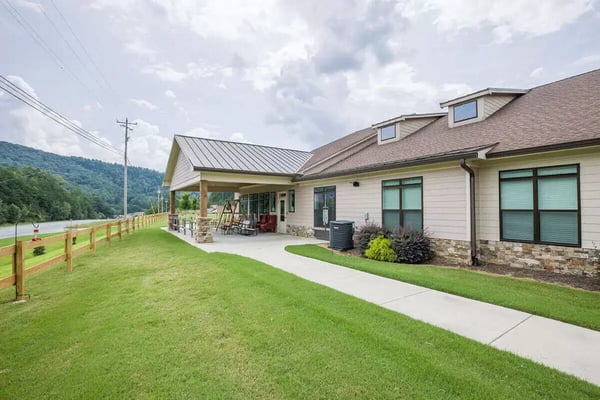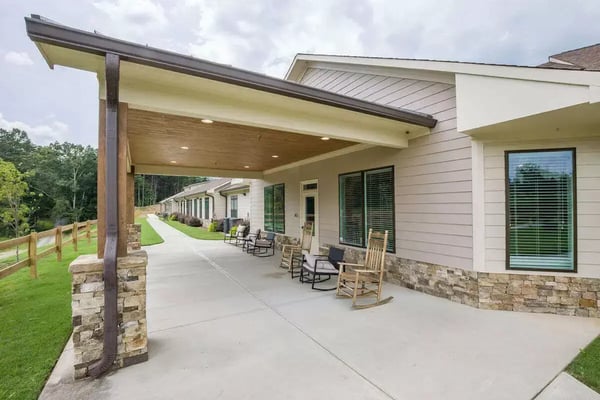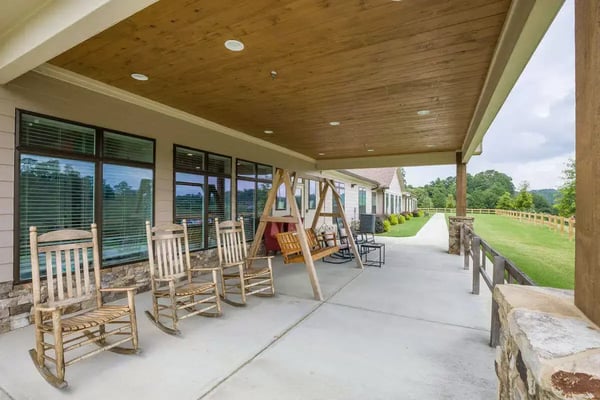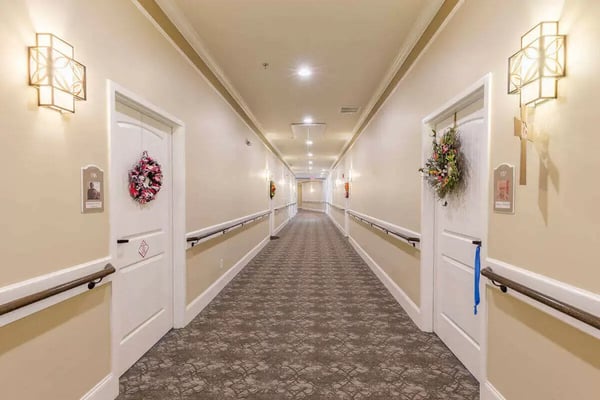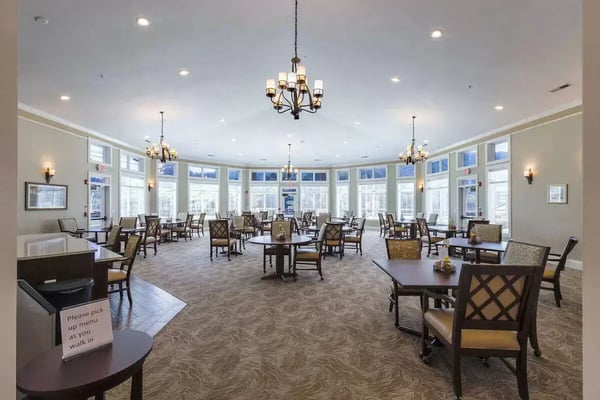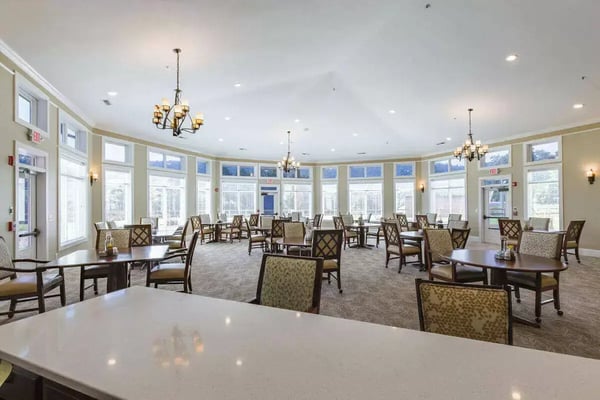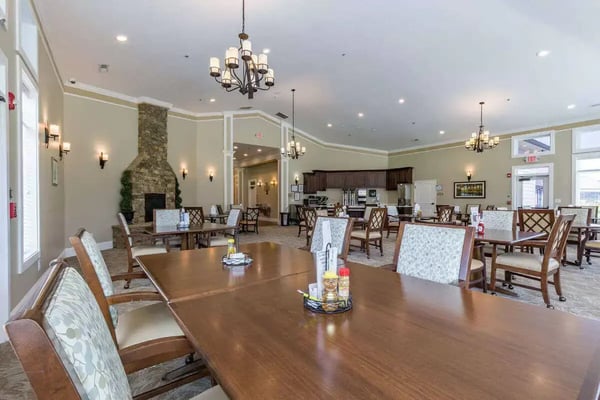Let's Explore Our Senior Living Floor Plans & Pricing
#open-popup__reveal-pricing-form - Editor Preview

– ABOUT BLUE RIDGE
Your Top Choice for Senior Living
Here at Blue Ridge, we offer a senior living space that keeps the well-being of residents at the heart of the community. By combining a well-designed set of amenities with welcoming apartment homes, engaging recreational programs, social events, and health and wellness initiatives, you can be sure that our senior living community provides a safe and dignified space to live. When you make your home at Blue Ridge, you can expect Assisted Living apartments and a safe SHINE® Memory Care neighborhood. If you need assistance, our team members are trained and ready to help. Live your retirement days in an environment where you can form strong bonds with others, grow by learning and yet stay healthy and happy. At Blue Ridge, you can look forward to spending time doing the things you enjoy. Leave the housekeeping, maintenance, cooking, and cleaning to us!
– A SCENIC ESCAPE
Exciting Activities and Events
Staying happy and active while socializing with others can help make your retirement journey enjoyable and fulfilling. With the Celebrations activities and events specially planned for our residents at Blue Ridge, you and your loved ones can enjoy an enriched living experience. Our full-time activities director is here to provide you with a range of exciting activities and events. Looking for themed parties, fun games, educational programs, or outings into town? You can expect many of these and more!
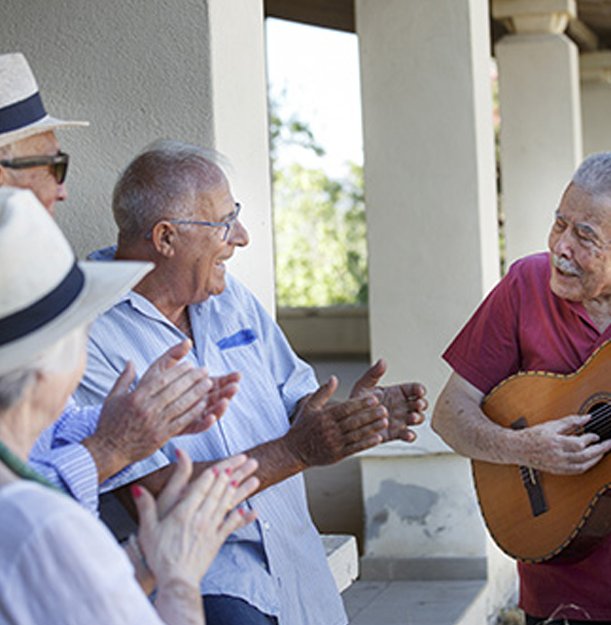
Comforts & Conveniences
Exclusive Lifestyle Programs
At Blue Ridge, you can expect a specially curated set of senior living programs that range from a comprehensive schedule of community activities to services such as housekeeping and a 24-hour concierge to assist you.

Enjoy chef-prepared meals and dine in warm and welcoming settings.





Explore amenities
Curated Care, Well Managed Leisure

As you take your first step into Blue Ridge’s welcoming and elegant lobby, you will know that you have found everything that you have been looking for. We offer exclusive senior living lifestyle programs that promise opportunities for every resident to live the life that they have chosen as well as the engagement that is needed for a fulfilling life.

Crafts, activities and game rooms

Professional beauty salon and barbershop

Wellness center
Beautifully landscaped grounds and courtyards

Pet-friendly community
Explore Your New Senior Living Home
Reach Out to Blue Ridge Assisted Living & Memory Care
We understand that this is a hard decision to make, and we believe that our service and amenities speak for ourselves. The best way is to figure out if Blue Ridge is the right option for you is by taking a look around.









